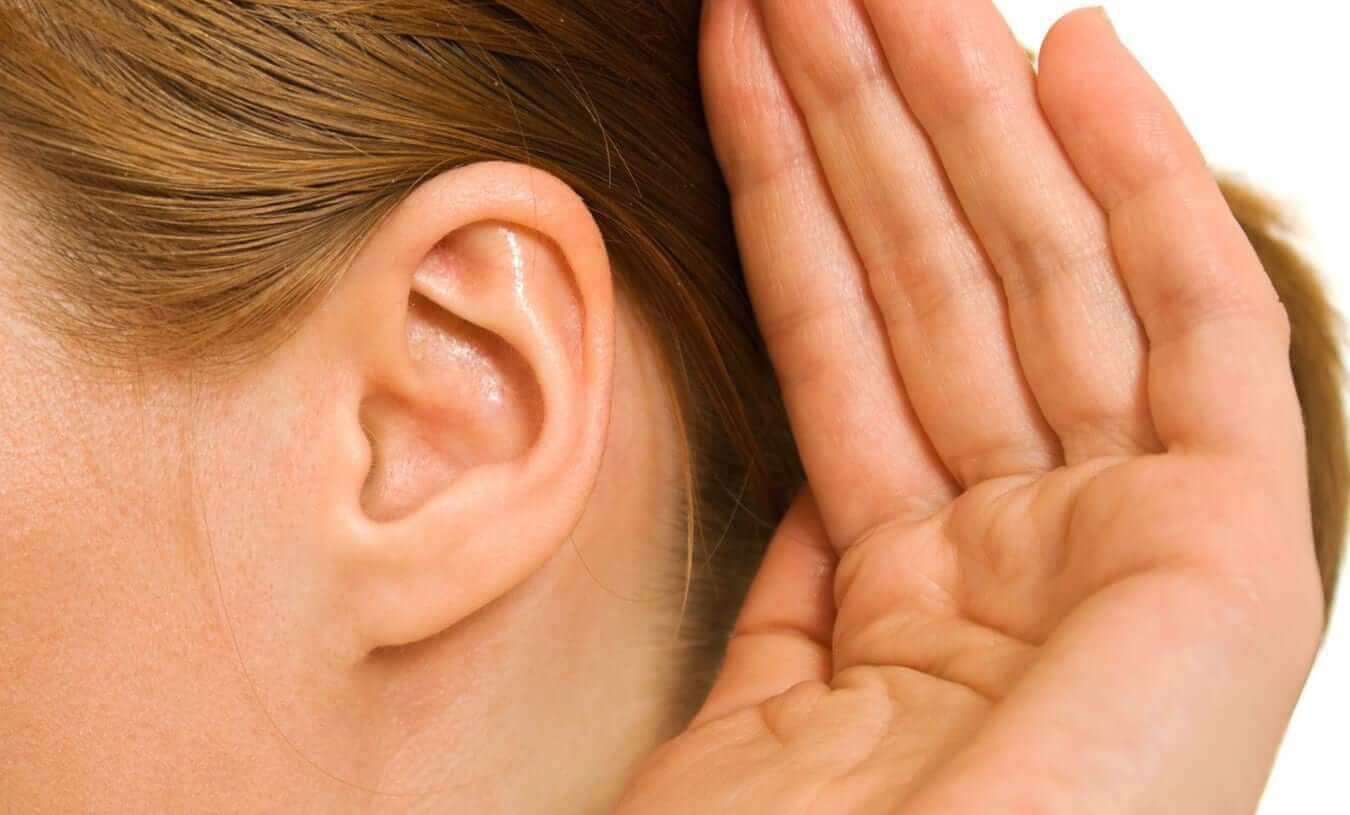The World Health Organization (WHO) has issued a serious warning about the increasing risk of hearing loss among young people worldwide. A new report projects that over 1 billion individuals aged 12 to 35 could face significant hearing impairment by 2050 if current trends continue.
Key Findings:
Current Statistics: About 500 million people in this age group are already experiencing hearing loss. Of these, 25% are affected by prolonged exposure to high-volume personal audio devices, while 50% are exposed to loud music in entertainment venues.
Volume Levels: Typical personal listening devices range from 75 to 136 decibels. High settings, especially beyond 105 decibels, are particularly dangerous.
Safe Listening Levels: Dr. BP Sharma, a former ENT professor at AIIMS, advised that safe listening levels are between 20 and 30 decibels—the volume of a normal conversation. Prolonged exposure to higher volumes can damage sensory cells in the ears, leading to irreversible hearing loss.
WHO Guidelines:
Volume Limits: Personal device volumes should be kept between 75 and 105 decibels.
Listening Time: Limiting the duration of listening is crucial.
The report underscores the importance of prevention since noise-induced hearing loss is permanent and currently untreatable. The WHO’s “Make Listening Safe” guidelines aim to raise awareness and encourage safer listening practices to mitigate this growing health issue.







